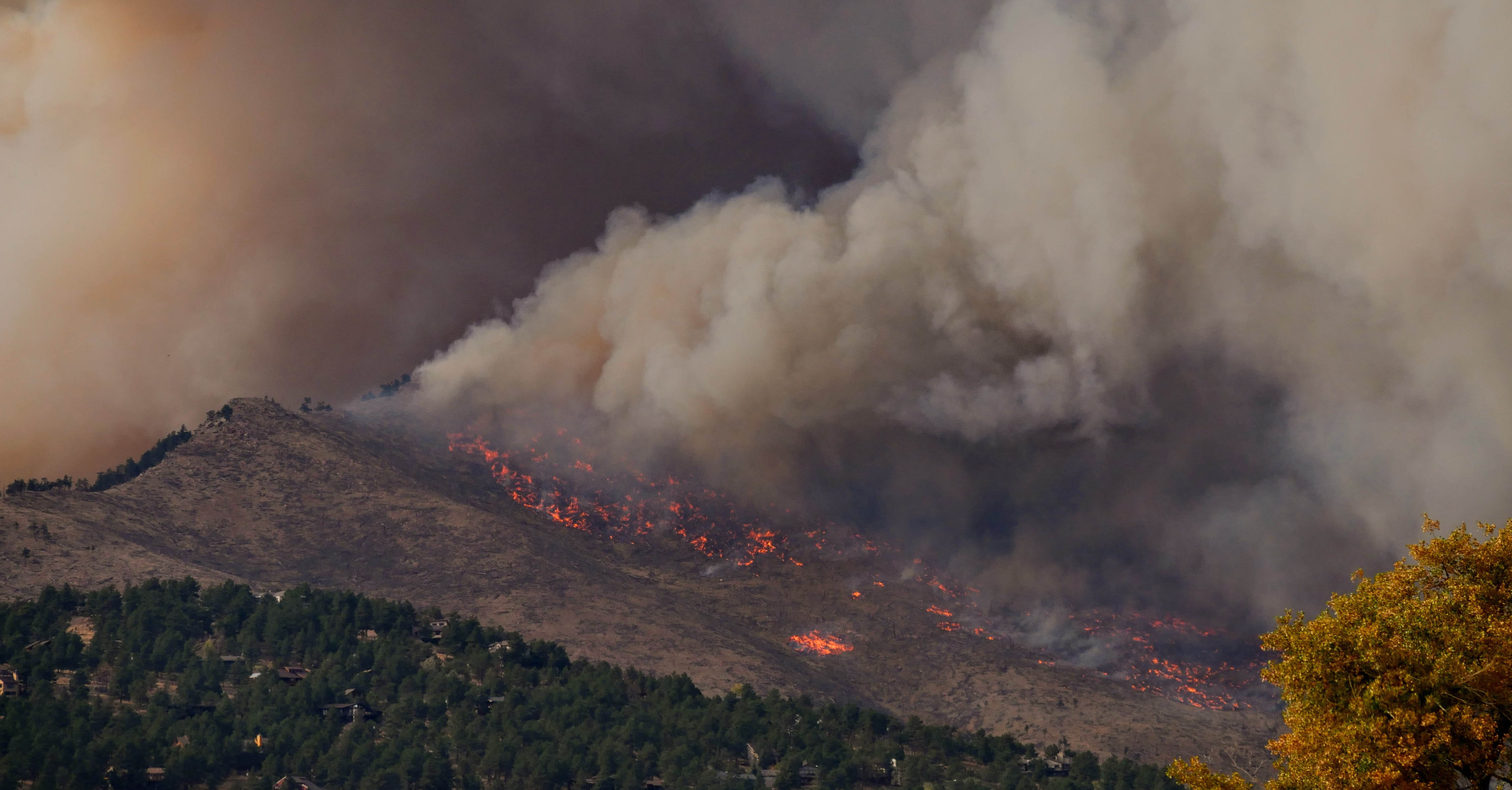
$17.5M in CDC funding establishes the Michigan Public Health Integrated Center for Outbreak Analytics and Modeling (MICOM)
The University of Michigan School of Public Health is among 13 institutions that will receive funding from the Centers for Disease Control and Prevention as part of a network of centers focused on predicting and preparing for future disease outbreaks.




